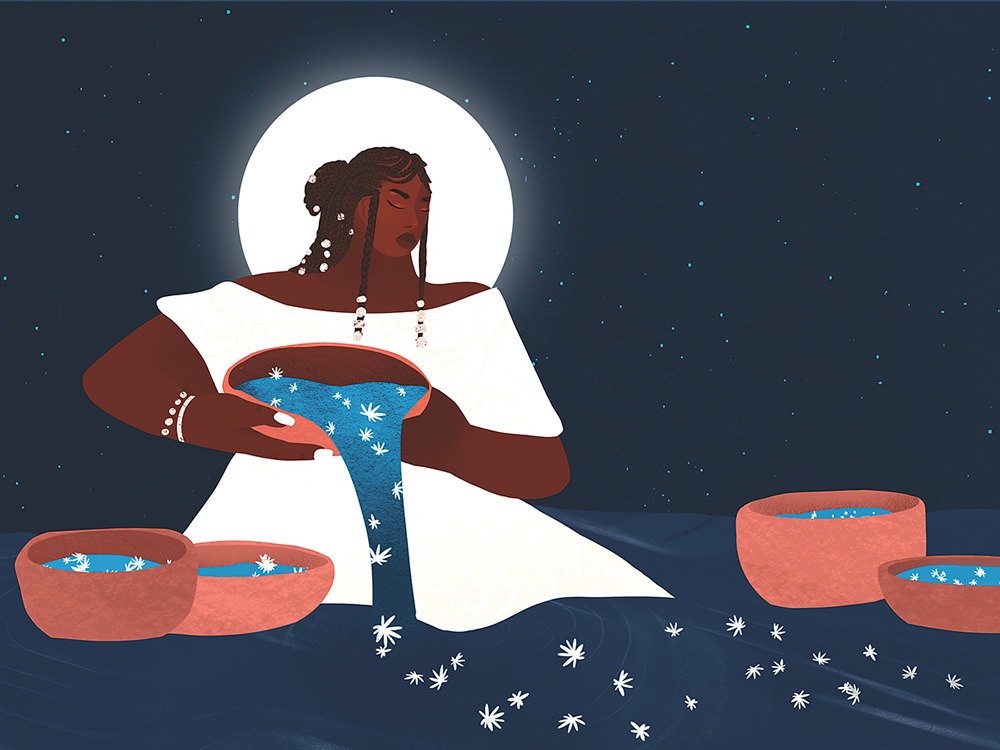Storytelling is not only central to the foundation of health justice as a field—storytelling is itself a mode of repairing, healing, and dignifying our lives and our worlds, especially those of us not otherwise afforded restorative narratives of our own within western society. Not coincidentally, my absolute favorite book is Storyteller by Leslie Marmon Silko. Silko’s nonlinear and “IndiGenius” writing has altered my frame of mind when it comes to decolonizing the written word. I’ve shared this nonlinear style with other educators and parents to demonstrate alternative forms for understanding lived experience, especially when such experience is traumatic and lived as though on the peripheries of the world, in the margins. Silko helps me reframe my life’s work as a facilitator in generational trauma recovery by offering ways to integrate stories into my practice, an element that can only be captured by its creator, by the one who holds and offers it to us. I love how Silko describes the little girl in the “yashtoa” story, the little girl with a “mental illness”—or, rather, with gifts beyond this world—and of her death. As an educator and healer, this story tugged on my heart strings and continues to do so. Being a survivor of Indian boarding schools and of childhood as a little brown girl, I know about death too well. I feel like Silko was writing for me and me alone, to read and share, and I want others to experience this dual intimacy and collectivity through narrative. Throughout 20 years of my own storytelling practice, I have read Storyteller many times, and with each reading I realize Silko’s gifts for relating and connecting to her highest self.
Sign up for our free newsletters
Subscribe to NPQ's newsletters to have our top stories delivered directly to your inbox.
By signing up, you agree to our privacy policy and terms of use, and to receive messages from NPQ and our partners.











